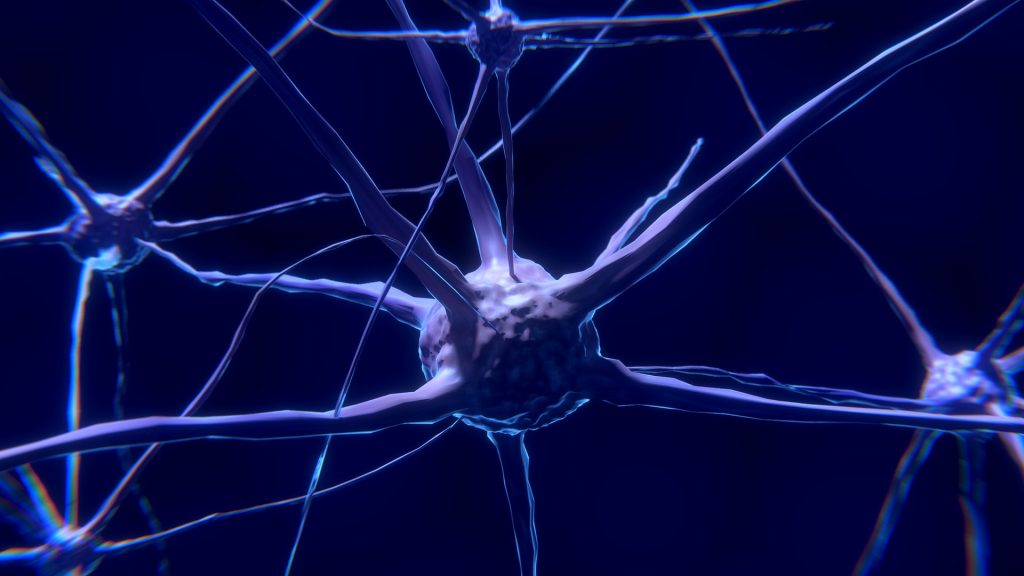
Scientists at the University of York have been developing a nasal spray treatment for patients with Parkinson’s disease, which helps to maximise delivery of the drug in high enough dosages to be effective.
To do so, the researchers have developed an innovative new gel that can adhere to tissue inside the nose alongside the drug levodopa, helping deliver treatment directly to the brain.
Levodopa is a dopamine precursor which is converted to dopamine in the brain, where it makes up for the deficit of dopamine-producing cells in Parkinson’s patients. Generally administered when other anti-Parkinson’s medication is no longer useful, levodopa helps treat the symptoms of the disease, particularly bradykinesia, which is the impairment of voluntary motor control and slow movements or freezing. However, in the long term levodopa becomes less effective, requiring increased doses for the same effect.
Higher dosages neededProfessor David Smith, from the University of York’s Department of Chemistry, explained: “The current drug used for Parkinson’s Disease is effective to a point, but after a long period of use the body starts to break down the drug before it gets to the brain where it is most needed.
“This means increased dosage is necessary, and in later stages, sometimes, instead of tablets, the drug has to be injected. Investigations into nasal sprays have long been of interest as a more effective delivery because of its direct route to the brain via the nerves that service the nose, but the challenge here is to find a way of making it adhere to the nasal tissue long enough to release a good dosage of the drug.”
The researchers created a levodopa-loaded gel that could flow into the nose in a liquid form and then rapidly change to a thin layer of gel inside the nose. The method was tested in animal models by a team at King’s College London, where levodopa was successfully released from the gel into the blood and directly to the brain.
Improved uptake
Professor Smith said: “The results indicated that the gel gave the drug better adhesion inside the nose, which allowed for better levels of uptake into both the blood and brain.”
The team is now working on incorporating these materials in nasal spray devices, to progress clinical trials in humans. The treatment of neurodegenerative diseases such as Alzheimer’s may also benefit from this approach.
Khuloud Al-Jamal, Professor of Drug Delivery and Nanomedicine from King’s College London, said: “Not only did the gel perform better than a simple solution, but the brain uptake was better than that achieved using intravenous injection of the drug. This suggests that nasal delivery of Parkinson’s drugs using this type of gel may have clinical relevance.”
Source: University of York
Journal information: Wang, J. T-W., et al. (2021) Enhanced Delivery of Neuroactive Drugs via Nasal Delivery with a Self-Healing Supramolecular Gel. Advanced Science. doi.org/10.1002/advs.202101058.

